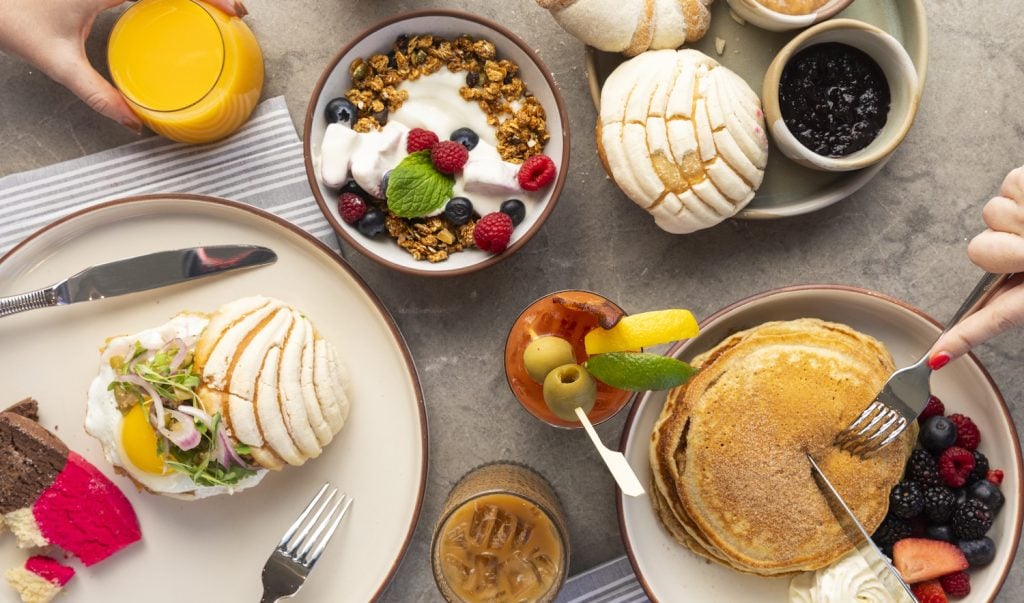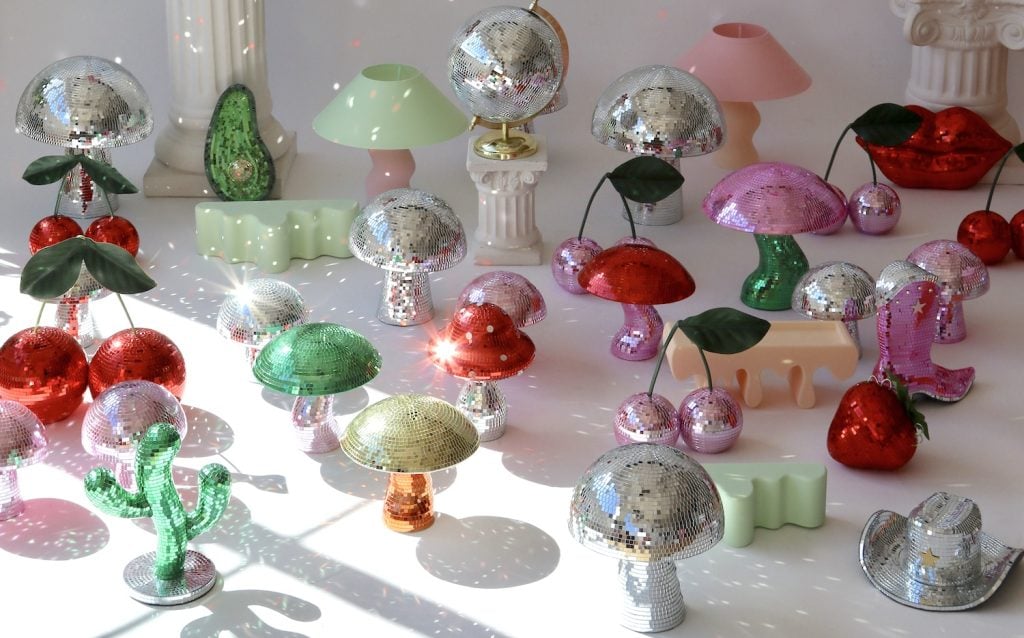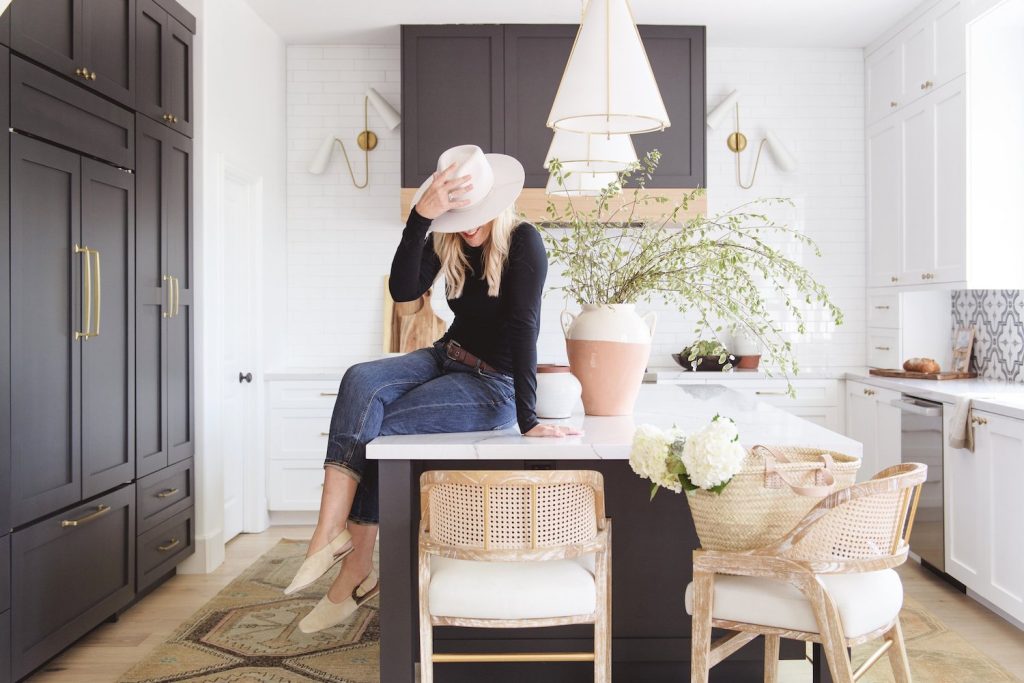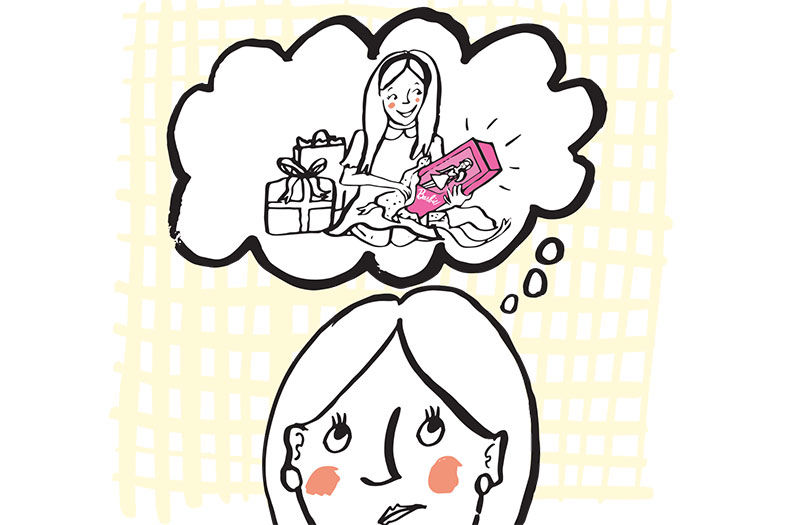I remember my first Barbie doll. My parents had successfully fended off the ultimate “girly” toy’s arrival until I was about 7. We had bikes, Lincoln Logs, keyboards, a Merlin, and a Simon. But Barbie and her pink convertible weren’t welcome in our 1970s feminist Dream House, where you and me were Free to Be You and Me—unless one of us was a flaxen-haired layabout with a penchant for short skirts and stilettos.
Barbie wasn’t officially banned from our home. But something on the Santa list had to give, and poor Barbie never made the cut—until a relative who didn’t think anything of it gave me the doll for my birthday. I spent weeks braiding her hair and cutting up my own clothes to make dresses for her before trying my hand at hairdressing and turning Barbie punk rock.
Avoiding the typical gender-oriented toys was one of the many ways my parents tried to liberate my sisters and me from the mold girls get stuffed into. It was good for my sisters, one of whom was obsessed with Star Wars and the other with riding dirt bikes. But all I wanted was to dress up in my mom’s heels and pretend to be one of Charlie’s Angels.
How toys will shape our kids’ gender perceptions is something that seems constantly on parents’ minds. What message does Barbie’s unrealistic body shape send to girls? Why do boys get Legos to build with, while girls get dolls to nurture? Why do most stores segregate boys’ and girls’ toys in separate aisles?
Barbie and her pink convertible weren’t welcome in our 1970s feminist Dream House, where you and me were Free to Be You and Me—unless one of us was a flaxen-haired layabout with a penchant for short skirts and stilettos.
But I submit that no matter how many new body types Barbie gets or how long poor Aunt Mildred is forced to wander the “pink aisle,” playthings will have little impact on kids’ ultimate gender impressions compared with the stuff of daily life.
I used to attribute my feminist ideals to my mom’s work on discrimination lawsuits that secured equal pay and treatment for women in factories and coal mines. But it was just as attributable to my father’s willingness to clear the path for her career pursuits. We never got the sense that his career was more important than hers, or that she should shoulder more of the burden of caring for the kids and the home than my dad because she happened to be the mom.
So instead of policing the toybox, we make imparting gender equality a habit. Greg and I split housework and parenting duties evenly and pick up the slack for each other. There’s no “honey do” list; I can hang a towel rack and check the oil. We expect the same commitment from both kids in their academics, sports, and other activities. The kids understand that my job is as important as Greg’s, because they see our mutual respect for the other’s work demands.
I’m convinced that our daily habits are ultimately what will win the day, and I see it paying off in interesting ways. Last year, I asked Ben about a girl I saw him speaking to at an event, and teased him that she “sure is pretty…” His response? “She’s really smart and athletic and speaks another language fluently.”
I think he fancies her. Lucky girl.
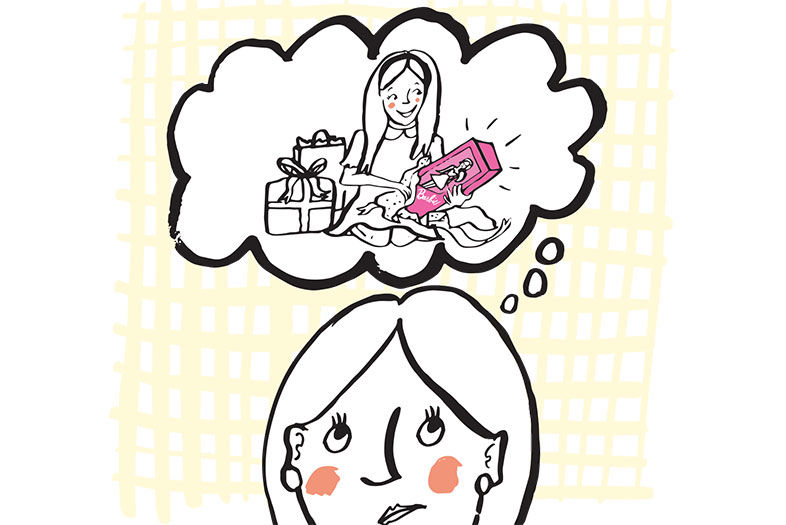
Parental Indiscretion: Everyday Equality
Illustration by Kristina Micotti
